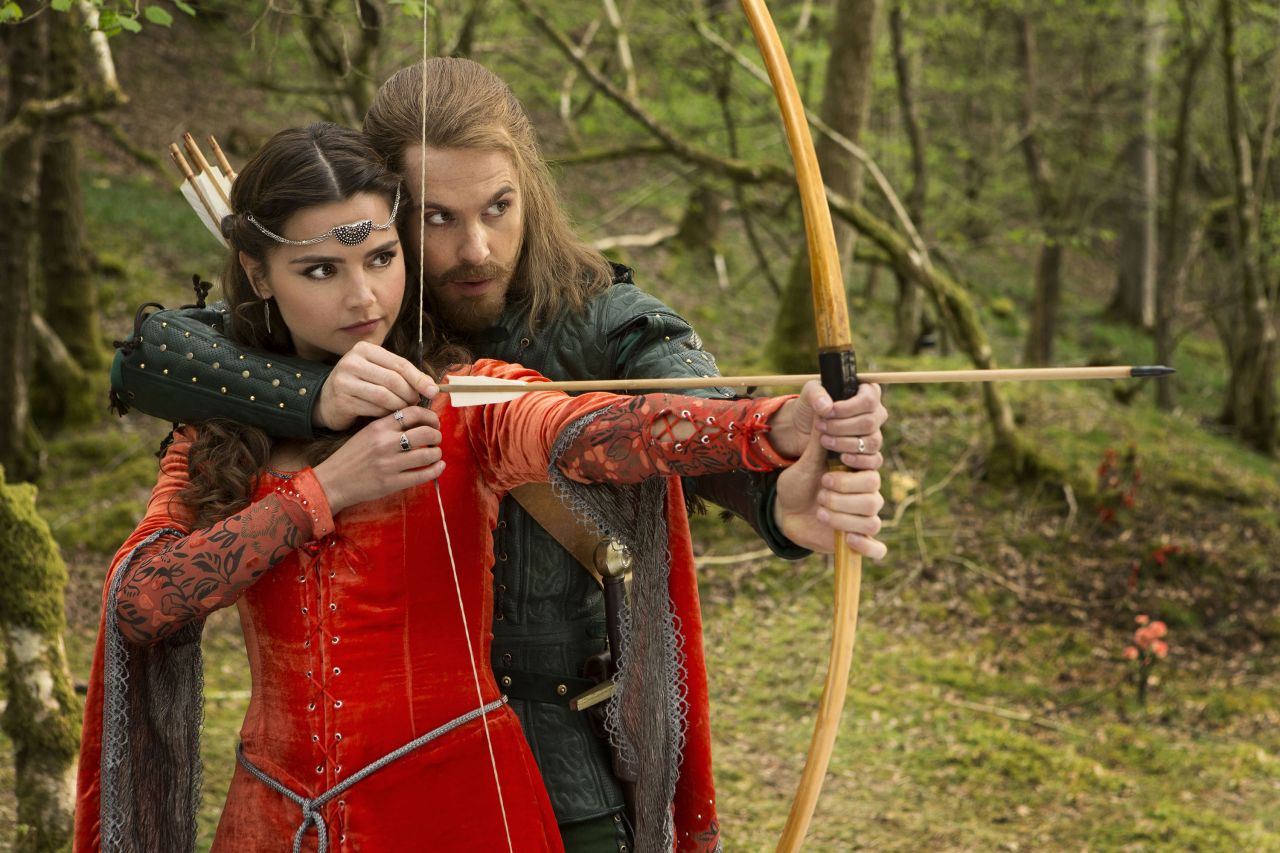 |
| Courtesy of the BBC |
In fact, the entire episode is like that. Indeed, this series seems to be an improvement over it's more recent predecessors by insisting on focusing on the characters rather than the situations they find themselves in. The result? Deeper, more fully realized interactions, and less needlessly complex plots and corner-painted technobabble.
It's just a shame that it had such a terrible ending.
Hit the jump for the review, which contains spoilers that is totally against bantering.
Gatiss, whose talent for comedy is rarely given room to stretch on Who, was really given the chance to have his own kind of fun here. This episode was probably up on Moffat's white board as "the funny one," given how it played out. This series hasn't been wanting for laughs, but Gatiss delivered a tightly packed sequence of sketches, each with it's own comedic tone and pace. It is as much a homage to his League of Gentlemen days as it is a love letter to Who of old.
And it is that. Straight away, it has a Third/Fourth Doctor real about it. Fourth Doctor, for the high adventurism of it all, the forest tromping and vaguely historical context (not to mention the robots). And Third, for the shout outs to Carnival of Monsters and judo chops and running about in old castles trying not to get captured while the companion is off being impressive. This is the kind of Who story that built the series to it's maximum popularity in the seventies, when adventure was the name of the game, the hero was manic and hilarious and there was a laugh for every gasp and a chuckle for every despair.
It also seems that Moffat took viewer complaints about Clara and her rubbishness to heart, and has issued the editorial proclamation that this year she be good for something. This episode, she is mistaken for being the leader of a band of outlaws, and unlike last year, it doesn't seem forced. Continuing the trend set by the previous two episodes, Clara earns her keep, acting as the sensible voice of reason. With the Twelfth Doctor as bickery as a teenager, it makes more sense then ever for him to have a school teacher in the TARDIS. Someone who is able to, not reign in his behaviour, but to at least be there to be a sober second thought.
Capaldi gets the gems to work with here, though it helps that he spend most of the episode getting to work with Tom Riley as Robin. He's just foppish and Flyinning enough not to be cheesy. The crown jewel of course being the scenes while they are being held in dungeons. It's a shame that Ben Miller didn't get as much to do as the Sheriff, considering his own comedic abilities, and because of the abstractness of the episode's threat, his baddie is essentially little more than the Sheriff everyone is familiar with from the legend.
The stuff Gatiss brings up at the end, concerning the nature of legends, is interesting, and understandably underdeveloped considering that this wasn't the time or the place for Big Ideas. The line "you're just as real as I am" might be nothing more than a wink to the audience about how fictional characters like The Doctor, whose popularity and perseverance, are modern examples of the same kinds of characters that have lasted the test of time, like the legend of Robin Hood. Or, it could be a further thread on this series' notion of the true nature of the Doctor.
Has he lived so long, down so much in his travels through time and space, inspired so many to act in his name (inspired even the title), that he has transcended even his own reality and has in fact become a living legend. Does that make him less real? Does his legendary status allow him a great latitude in his behaviour, since a legend certainly cant be held responsible for his actions. In the first episode of this year, we saw that the Doctor forgets his own accomplishments sometimes, so has he lived so long and done so much that the events of his life are becoming little more than flexible, forgettable additions and subtracts in a vast and spiraling oral history? When there is no one left to remember everything that he has done, when even he forgets, is there anything left of the Doctor at all beyond a legend?